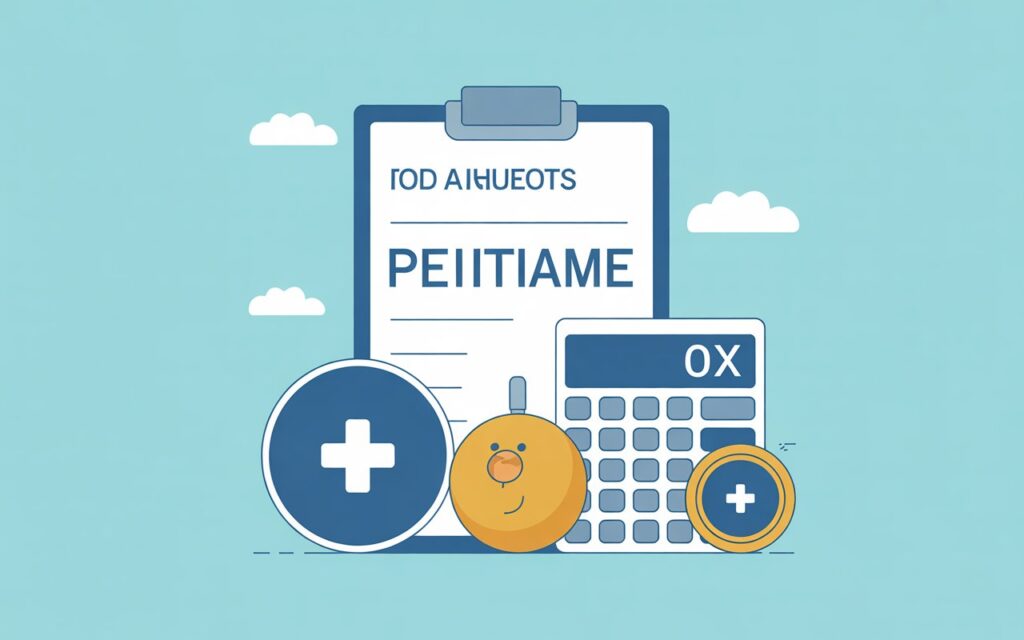Introduction
One of the most common questions taxpayers ask during filing season is, are health insurance premiums tax deductible? Health insurance is a major expense for families and individuals, and understanding how it fits into your tax strategy can make a significant difference in financial planning. The answer depends on factors like employment status, income level, and how you purchase your coverage. By breaking it down step by step, you’ll have a clearer picture of when and how you can deduct health insurance costs.
Understanding the Basics
When asking are health insurance premiums tax deductible, the first thing to know is that deductions are designed to offset costs associated with necessary expenses. In the United States, medical and dental expenses, including insurance premiums, can be deducted in certain circumstances if they exceed a specific percentage of your adjusted gross income (AGI).
Employer-Sponsored Coverage
For many people, the question are health insurance premiums tax deductible is answered by looking at workplace benefits. If your employer deducts premiums directly from your paycheck using pre-tax dollars, you are already receiving the tax advantage. In this case, you cannot claim an additional deduction on your tax return because the benefit has already been applied.
Self-Employed Individuals
If you’re self-employed, the rules about are health insurance premiums tax deductible work differently. Self-employed taxpayers can generally deduct 100% of their health insurance premiums, including coverage for spouses and dependents, directly from their income. This deduction is taken on the front of the tax return, reducing taxable income even if you don’t itemize.
Itemized Deductions and AGI Threshold
For those who buy insurance independently and are not self-employed, the question are health insurance premiums tax deductible hinges on the AGI threshold. Currently, you can only deduct medical expenses, including premiums, if the total exceeds 7.5% of your adjusted gross income. This means if your AGI is $50,000, only expenses beyond $3,750 can be deducted when itemizing.
Special Situations
When considering are health insurance premiums tax deductible, unique circumstances can come into play:
- Medicare Premiums: Premiums for Medicare Part B, Part D, and supplemental policies may qualify as deductible medical expenses.
- Long-Term Care Insurance: These premiums are deductible within limits based on age.
- COBRA Payments: If you pay for COBRA coverage after leaving a job, these premiums may also count as deductible medical expenses.
Limitations and Restrictions
The answer to are health insurance premiums tax deductible also involves understanding restrictions. For example, you cannot deduct premiums if they are paid with funds from a Health Savings Account (HSA) or Flexible Spending Account (FSA), since those accounts already provide tax advantages. Additionally, employer-paid premiums are not deductible by the employee.
Tax Planning Benefits
Asking are health insurance premiums tax deductible isn’t just about compliance—it’s about smart tax planning. Deducting premiums can lower taxable income, reduce overall liability, and provide relief for households carrying high medical costs. For self-employed individuals, this deduction can be particularly valuable, helping balance out the financial risks of managing coverage independently.
Common Misconceptions
Many people assume the answer to are health insurance premiums tax deductible is always “yes.” However, as shown, the deduction depends on specific criteria. The rules are nuanced, and not all insurance-related costs qualify. Clarifying these misconceptions helps taxpayers avoid mistakes and missed opportunities.
Conclusion
So, are health insurance premiums tax deductible? The answer depends on your situation. If you are self-employed, the deduction is straightforward and broad. For employees, benefits often come pre-tax, eliminating the need for further deductions. For others, itemizing may provide opportunities if medical costs exceed the AGI threshold. Understanding these rules ensures you make informed choices, optimize your tax return, and avoid leaving money on the table.

